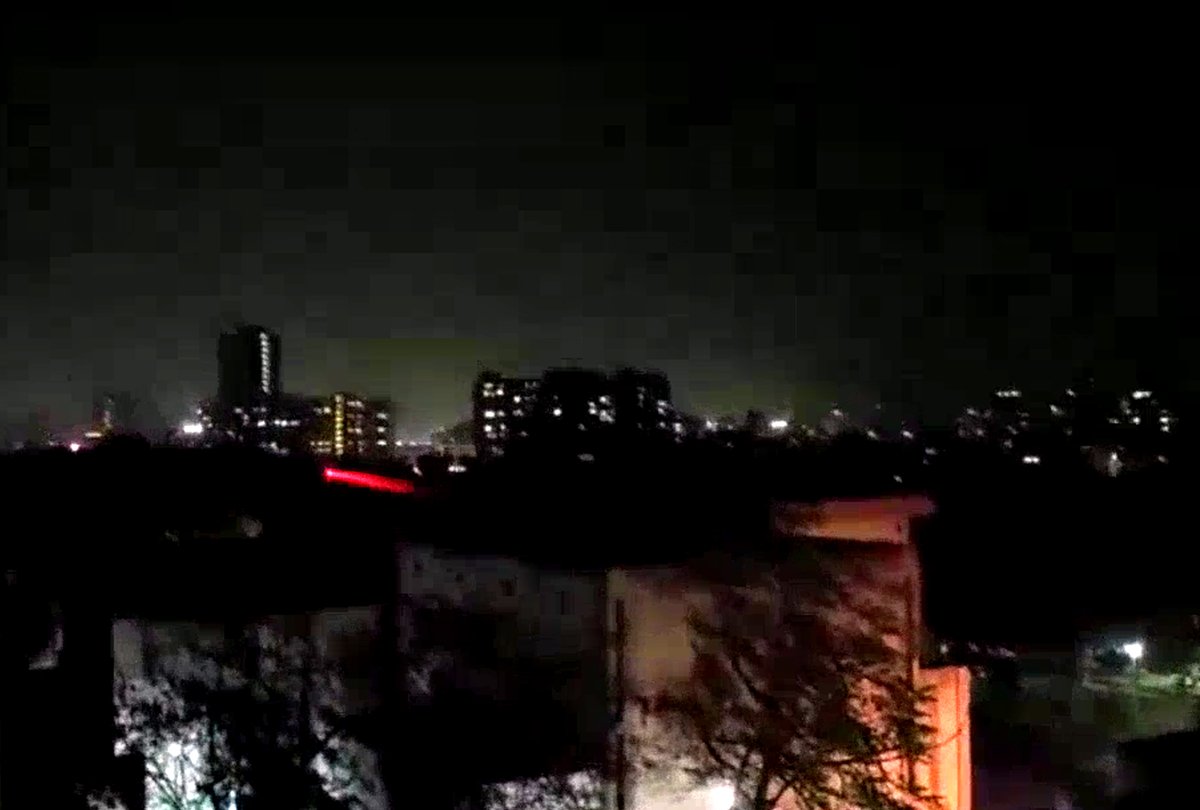For the first time in the country, ISRO successfully demonstrates free-space Quantum Communication over a distance of 300 m at SAC Ahmedabad
March 24, 2021
Ahmedabad: For the first time in the country, Indian Space Research Organisation (ISRO) has successfully demonstrated free-space Quantum Communication over a distance of 300 m. A number of key technologies were developed indigenously to accomplish this major feat, which included the use of indigenously developed NAVIC receiver for time synchronization between the transmitter and receiver modules, and gimbal mechanism systems instead of bulky large-aperture telescopes for optical alignment.
The demonstration has included live videoconferencing using quantum-key-encrypted signals. This is a major milestone achievement for unconditionally secured satellite data communication using quantum technologies.
The Quantum Key Distribution (QKD) technology underpins Quantum Communication technology that ensures unconditional data security by virtue of the principles of quantum mechanics, which is not possible with the conventional encryption systems. The conventional cryptosystems used for data-encryption rely on the complexity of mathematical algorithms, whereas the security offered by quantum communication is based on the laws of Physics. Therefore, quantum cryptography is considered as ‘future-proof’, since no future advancements in the computational power can break quantum-cryptosystem.
The free-space QKD was demonstrated at Space Applications Centre (SAC), Ahmedabad, between two line-of-sight buildings within the campus. The experiment was performed at night, in order to ensure that there is no interference of the direct sunlight.
The experiment is a major breakthrough towards ISRO’s goal of demonstrating Satellite Based Quantum Communication (SBQC), where ISRO is gearing up to demonstrate the technology between two Indian ground stations.
Recent Stories
- Few Western Railway trains to be affected due to block on Dahanu Road-Valsad section
- Surat man booked for raping, defrauding Hindu woman after posing as Hindu
- National Highways in Gujarat where tolls are being charged; full nationwide list here
- New Hormonal Products Plant of CORONA Remedies to be operational in FY 2026
- AICFF, NBT collab to hold Children's Film Festival during Ahmedabad International Book Festival 2024
- Gujarat govt appoints IPS Neeraja Gotru as ADGP, Police Recruitment Board
- Ahmedabad SOG busts racket printing fake Australian dollar notes
